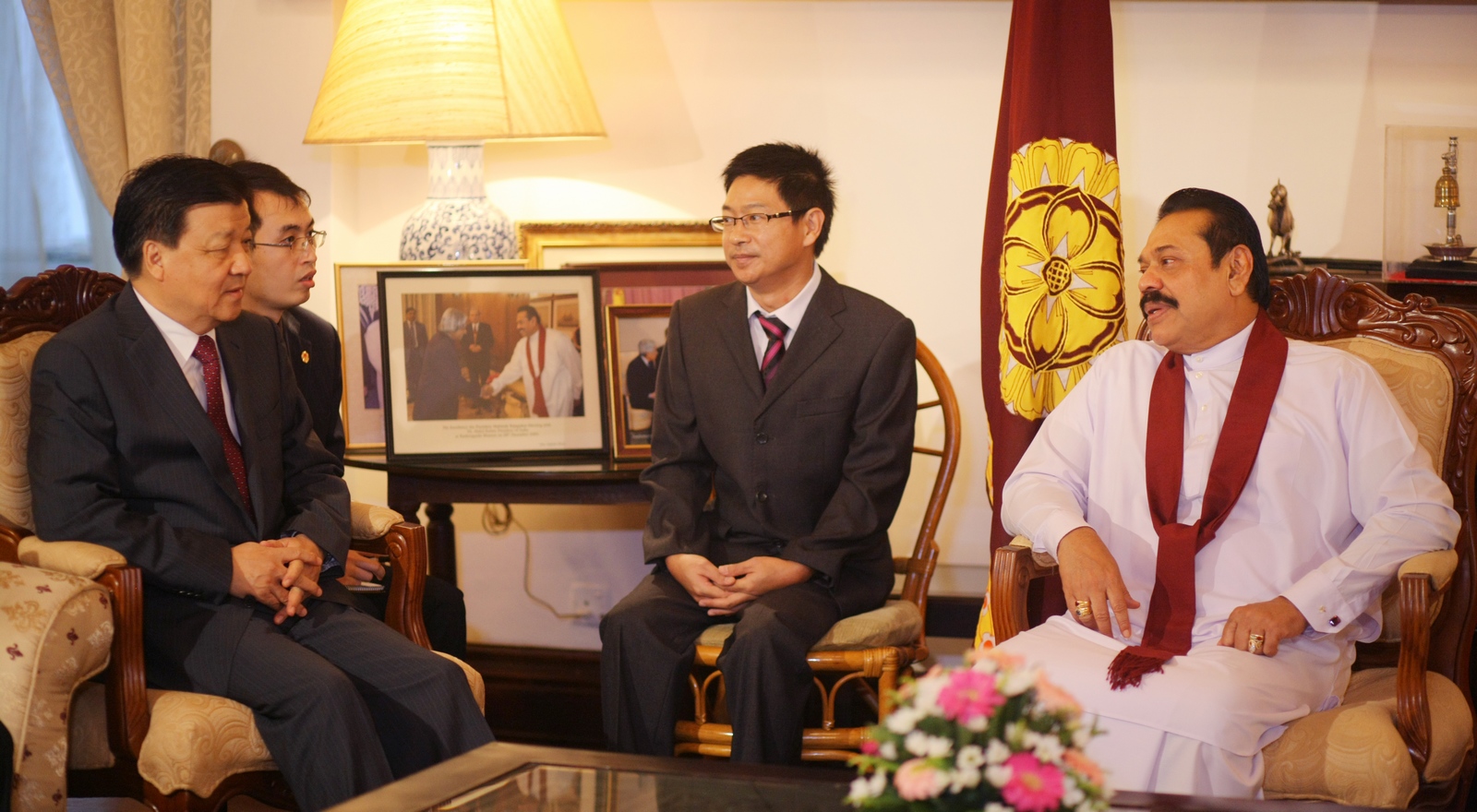
The notorious illicit opium-producing area—the Golden Triangle—between Myanmar, Laos and Thailand in the heart of the Greater Mekong Subregion (GMS) has become the focal point for China’s external antidrug policy. Connected by the Mekong River—which flows from the Chinese province of Yunnan through Laos, Myanmar, Thailand, Cambodia and Vietnam into the South China Sea—this subregion is now the new frontline in China’s war on drugs, especially along the borders of northern Laos and northern Myanmar. The area is endowed with an ideal climate for opium poppy cultivation, the prime ingredient for heroin. Drug trafficking from the Golden Triangle into mainland China through Yunnan is currently perceived by the Chinese government as a serious nontraditional security challenge as it is estimated that between 60-70 percent of the drugs consumed in China come from this region.




